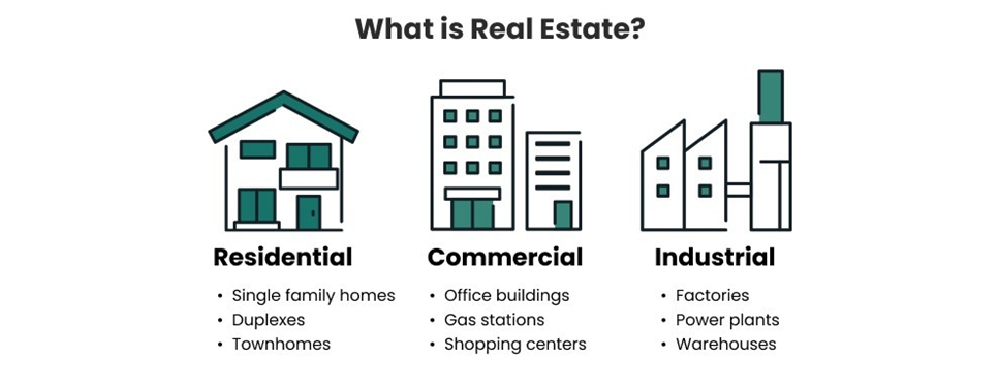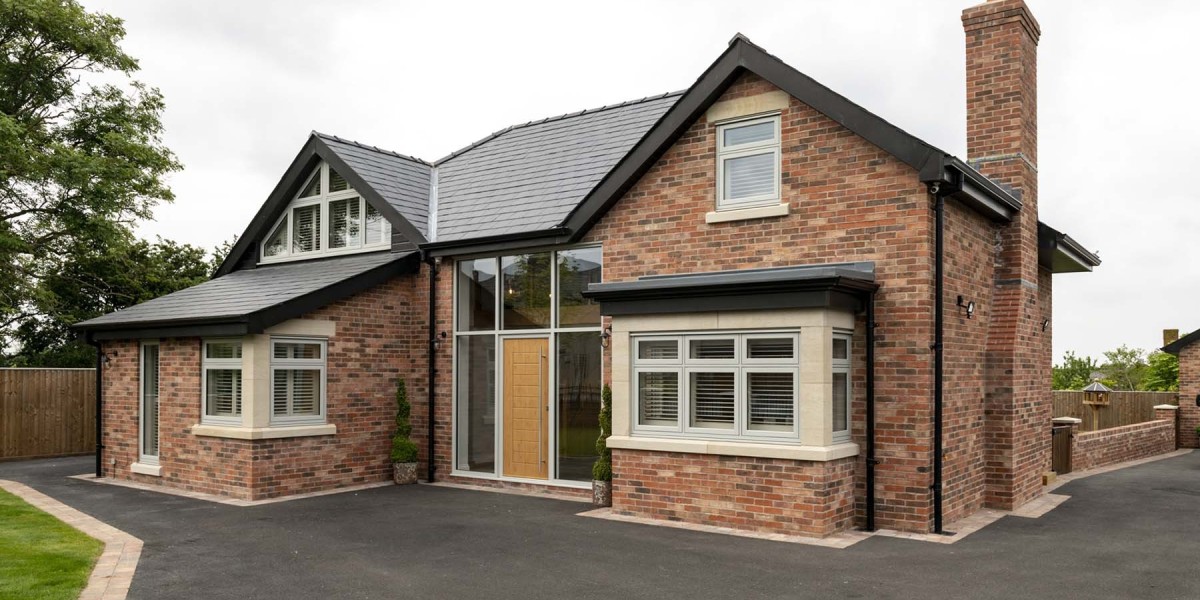What is the Difference Between a Triple Net Lease and a Ground Lease?

How Do Ground Leases Differ from Triple Net Leases?

The terms "triple net" and "ground lease" are both utilized to explain different type of lease contracts. Both types of leases might be utilized when a service or individual is renting residential or commercial property. The main distinction in between the two lease types is the degree of ownership that the occupant has in the residential or commercial property. In a triple-net lease, the tenant pays rent on top of obligations such as taxes, insurance, and upkeep expenses. A ground lease offers the renter more rights in their use of the residential or commercial property however does not offer them ownership rights.
When it concerns choosing the right option that will undoubtedly fulfill your business goals, you might deal with a lot of concerns, particularly if it's your first run with leases. In this comprehensive post, we have actually outlined key characteristics of each type of lease to help you examine which one may fit your needs better as a company owner or investor.
What is a Triple Net lease?
A triple net lease is a business realty lease that requires the renter to spend for all upkeep and residential or commercial property taxes as part of the rental payment. The occupant likewise agrees to cover any insurance that may be needed by the lease. This type of lease is frequently utilized when a residential or commercial property is not suitable for financing or is hard to offer. It prevails for an organization to rent a residential or commercial property, such as a shopping center, under a triple-net lease.
The service pays rent, but also pays taxes, insurance, and upkeep costs for the entire residential or commercial property. As you can see by the name of this lease arrangement, it involves a lot more than simply paying a month-to-month fee for the right to utilize a piece of residential or commercial property. It is a kind of a lease agreement in which the renter not only pays rent, but likewise presumes the obligation for maintenance and repair, along with other expenditures such as property tax, energies, and insurance.
These types of leases are appealing for tenants who need more versatility than traditional single-tenant leases.
A triple net lease usually offers:
Rent certainty:
1. Maintenance certainty: If the occupant needs to make repair work or improvements to its area, the occupant can do so with confidence that it will be covered by the property manager's insurance coverage.
Insurance certainty: The renter take advantage of an extra layer of security against loss or damage caused by fire, theft, or other dangers.
Flexibility: A triple net lease can offer higher versatility in scheduling consultations or meetings. It likewise enables the occupant to choose between a long-lasting commitment and a short-term rental arrangement (for example, a "month-to-month" lease).
Let's take a more detailed look at the second option readily available. A ground lease guarantees a tenant the right to utilize a particular piece of residential or commercial property for a set amount of time. The occupant pays rent on the land however does not own it. The residential or commercial property owner owns the land, but the occupant deserves to use the land during the lease period.
Ground leases are frequently utilized when the owner of the residential or commercial property want to maintain ownership, however the residential or commercial property is not appropriate for funding. Ground leases are likewise common when the residential or commercial property is not suitable for sale. This is often referred to as a "fee-simple financial investment."
Traditional leases usually involve a property manager and an occupant, who pays a monthly lease for the right to use the residential or commercial property. All ground leases have a proprietor and a renter, but the occupant's function is very different. Here, the tenant is entitled to utilize the residential or commercial property for a set period of time, and the renter pays rent for the land however does not in fact own it. The residential or commercial property owner owns the land, but the occupant has the right to utilize it for the term of the lease.
There is no doubt that ground leases are a fantastic way to get your residential or commercial property off the ground and into the hands of a proprietor. The main advantage of a ground lease is that it provides an easy method for you to get started in the rental market, even if you do not have much experience. This also means that you will not be connected down to any long-term dedications when you sign the lease.
There are a couple of other benefits as well, such as:
1. You can make some cash from the monthly rent payments, although this is not always the case.
You can avoid needing to spend for title insurance coverage, taxes, and assessments.
How Are Triple Net Leases Different from Ground Leases?
Gradually, we are relocating to one of the most fascinating sections of this post. What is the distinction in between a triple net lease and a ground lease? Let's take a much deeper appearance at this concern.
The main distinction between these lease types is the level of obligation the occupant has for the maintenance and maintenance of the residential or commercial property. In a triple net lease, the renter is responsible for paying all of the necessary costs related to the residential or commercial property, such as taxes, insurance coverage, and maintenance.
In a ground lease, the occupant is accountable for paying taxes and insurance coverage, however the residential or commercial property owner normally pays for maintenance and utilities. While the level of obligation will vary depending on the type of lease, the majority of triple net leases will include a high level of responsibility compared to a ground lease.
The tenant in a triple net lease is often accountable for upkeep and repair work of the whole residential or commercial property. In a ground lease, the tenant is typically just responsible for the maintenance of the part of the residential or commercial property they are utilizing. Because of this, a ground lease may be a much better alternative when you are planning to lease a building to a renter. It is often much easier to put a triple net lease in place when you have land you want to rent to an individual or service.
Let's note the crucial differences:
1. Leasable arena. Net leases are primarily used for a certain area in an industrial residential or commercial property. Ground leases are suitable for a vacant parcel.
Financing: When it concerns net leases, financing for industrial real estate is an extremely simple treatment. However, we can't state the exact same about ground leases, as in this case, the residential or commercial property owner is needed to subordinate his/her interest in the residential or commercial property. Now all of them wish to do this.
Use of the rented premises. When it comes to a net lease, all the premises are used by an occupant who manages the company. when it concerns ground leases, the primary objective of an occupant is to construct a job on the uninhabited land.
All these points are generalized If your goal is to discover more about the particular deal, you need to read the terms of the particular lease.
Which One Should You Use and Why?
This will depend upon the residential or commercial property you are renting and the expectations of the tenant. A triple net lease is a great fit when the residential or commercial property is tough to sell and the owner wishes to maintain ownership while getting rental income. If a ground lease is utilized to lease a residential or commercial property, the residential or commercial property owner will maintain ownership of the land and may require to utilize a property representative to lease the residential or commercial property.
A ground lease may be the finest option when you have a piece of land that you wish to rent. This is due to the fact that it is generally simpler to negotiate a ground lease than a triple-net lease. You will have more flexibility to make the regards to a ground lease as specific as you require them to be.
As you can see, each type of lease has benefits and disadvantages. The very best option for you will depend on the residential or commercial property that you are leasing and the expectations of the tenant. If you are wanting to rent residential or commercial property, keep in mind that a triple-net lease is more restrictive than a ground lease. You will have more flexibility and liberty with a ground lease.

Final ideas: Which type of lease is right for you?
If you are a company owner or private leasing residential or commercial property, take some time to consider which type of lease would be best for you. A triple net lease and a ground lease each have their pros and cons, so you might desire to consider your alternatives and see which one suits your needs best. If you want to learn more about leasing residential or commercial property or wish to start the leasing procedure, you can turn to industrial lease contract software application to assist you with the process. With the best tool, you can make sure you have all the info you require to make a clever choice about leasing residential or commercial property.








